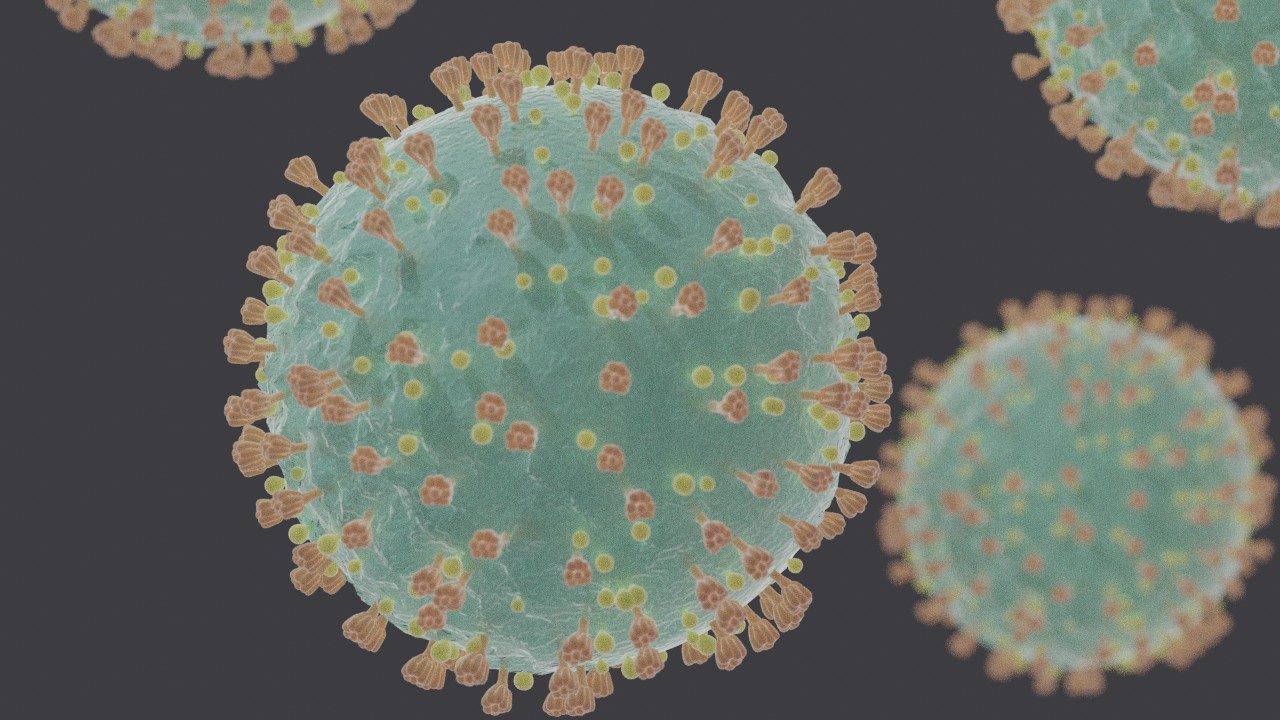Although the first case of COVID-19 in the U.S. was confirmed on Jan. 21, 2020, it wasn’t until March when the novel coronavirus upended life for most Americans. Throughout that spring, states issued stay-at-home orders, closed schools, restricted travel, issued mask mandates, and changed election dates. Many of those policies remain in place today.
Here are the policy changes that happened May 11-15, 2020. This list is not comprehensive. To see a list of all policy changes in each category, click the links below.
Monday, May 11, 2020
- Election changes:
- Connecticut Governor Ned Lamont (D) issued an executive order reducing petition signature requirements for all candidates by 30%. He also extended the filing deadlines for major-party and unaffiliated candidates by two days, to June 11, 2020, and August 7, 2020, respectively.
- Federal government responses:
- In a call with state governors, Vice President Mike Pence (R) said the federal government was recommending that states test all nursing home staff and residents over the next two weeks.
Tuesday, May 12, 2020
- Travel restrictions:
- The requirement in Oklahoma for out-of-state travelers from New York, New Jersey, Connecticut, California, Louisiana, and Washington to self-quarantine for 14 days ended with the release of Gov. Kevin Stitt’s (R) Amended Executive Order 2020-13. Amended Executive Order 2020-13 asked out-of-state travelers to adhere to all CDC recommendations.
- The Kansas Department of Health and Environment mandated that residents who had traveled to Maryland self-quarantine for 14 days.
- Election changes:
- Minnesota Governor Tim Walz (D) signed HF3429 into law, authorizing general election candidates to submit filing forms and petitions electronically.
- The Republican Party of Indiana announced that it would cancel its in-person state convention, which had been scheduled to take place on June 20, 2020. Instead, the party opted to conduct convention business virtually and by mail.
Wednesday, May 13, 2020
- Stay-at-home orders:
- The Wisconsin Supreme Court ruled 4-3 that Wisconsin Department of Health Services Secretary-designee Andrea Palm overstepped her authority when she extended the state’s stay-at-home order through May 26 on behalf of Gov. Tony Evers (D). The ruling invalidated all statewide coronavirus restrictions.
- Election changes:
- South Carolina Governor Henry McMaster (R) signed into law a bill allowing any eligible South Carolina voter to request an absentee ballot for the state’s June 9, 2020, primary and subsequent runoff elections.
Thursday, May 14, 2020
- Travel restrictions:
- Arkansas Secretary of Health Nathaniel Smith issued a 14-day quarantine requirement for out-of-state travelers who have been in an international location or New York, New Jersey, Connecticut, or New Orleans in the last 14 days.
- Federal government responses:
- The Centers for Medicare and Medicaid Services announced that it would publicly post CDC data on all nursing homes across the country by the end of May. The data was set to include suspected and confirmed cases and deaths at each facility.
Friday, May 15, 2020
- Stay-at-home orders:
- Vermont Gov. Phil Scott (R) replaced the statewide stay-at-home order with a new initiative called “Be Smart, Stay Safe.” The new initiative relaxed some restrictions on businesses and allowed up to 25 people to gather outdoors.
- Nevada Gov. Steve Sisolak (D) allowed the statewide stay-at-home order to expire. He first issued the order on April 1 and extended it on April 29.
- Maryland Gov. Larry Hogan (R) allowed the statewide stay-at-home order to expire on May 15 at 5:00 p.m. He first issued the order on March 30.
- Louisiana Gov. John Edwards (D) allowed the statewide stay-at-home order to expire. He first issued the order on March 22.
- Arizona Gov. Doug Ducey (R) allowed the statewide stay-at-home order to expire. He issued the order on March 30 and extended it through May 15 on April 29.
- Travel restrictions:
- Idaho Gov. Brad Little (R) announced that out-of-state visitors would no longer need to self-quarantine for 14 days upon entering the state. Little said travelers were still encouraged to self-quarantine.
- Election changes:
- New Jersey Gov. Phil Murphy (D) issued Executive Order No. 144, providing for expanded mail-in voting in the July 7, 2020, elections. All registered, active Democratic and Republican voters were set to receive mail-in ballots automatically. Unaffiliated and inactive voters were set to receive mail-in ballot applications automatically.
- Federal government responses:
- President Donald Trump (R) announced the creation of Operation Warp Speed, an administration task force meant to help develop a coronavirus vaccine. Moncef Slaoui was named as the task force’s chief scientist, and U.S. Army General Gustave Perna was named as its chief operating officer.
- The Centers for Disease Control and Prevention issued reopening guidelines for businesses and workplaces, including bars and restaurants.
- Mask requirements:
- On May 15, 2020, New Mexico Gov. Michelle Lujan Grisham (D) signed a modified emergency public health order requiring individuals to wear face coverings in public.
For the most recent coronavirus news, including the latest on vaccines and mask mandates, subscribe to our daily newsletter, Documenting America’s Path to Recovery.


